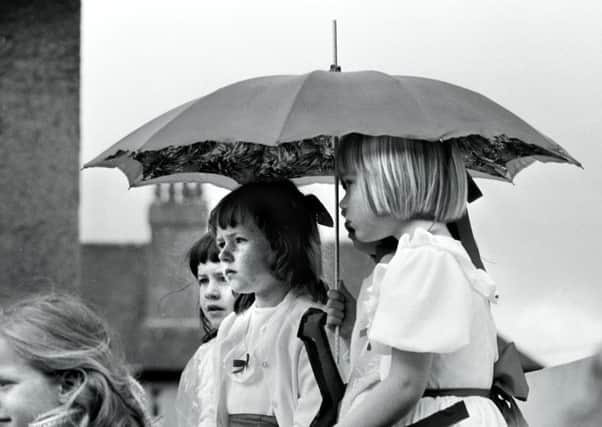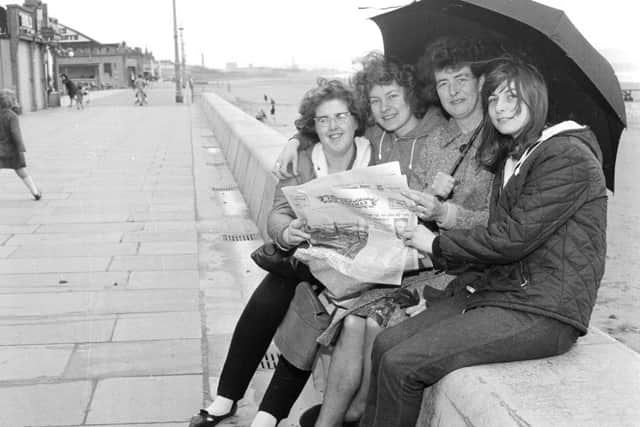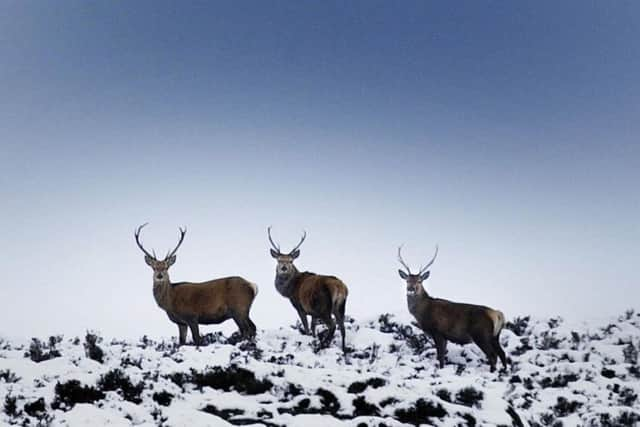15 words which can only be used to describe Scottish weather


In fact, a recent Scottish Government poll found the word ‘dreich’ - meaning dull and miserable weather, was the nation’s favourite word.
Scots also have more than 400 words to describe snow.
We take a look at the meaning behind 16 uniquely Scottish words used to describe the weather.


Flaggie - Snowflake.
Advertisement
Hide AdAdvertisement
Hide AdScientists at the University of Glasgow recently discovered that Scots have more than 400 words to describe snow. The Flaggie is used to describe a large snowflake.
Fret - Is a cold and wet mist that has travelled in from the sea.
Dreich - Wet, dull, gloomy, dismal, dreary or any combination of these. Scottish weather at its most miserable.


The “ch” is pronounced as in Scots loch or German ach.
Drookit - extremely wet / absolutely drenched.
Snell - The expression snell is mainly used to refer to the most biting of weather, the type that you can feel right down to the bone.
It is most commonly used when referring to the wind, and is thought to be a derivative of the old English word for quick or sharp, and the German word schnell, an adjective or adverb also meaning quick or swift.


Jeelit - freezing, i.e. ‘it’s fair jeelit ootside’.
Watergaw - A patch of rainbow in the sky , it should be noted that a watergaw is not the same as a rainbow.
While a rainbow is continuous, the classic watergaw is a lone patch of rainbow which follows the end of a downpour. The word, which originated in the Borders, is probably best known as the subject of Hugh McDiarmid’s poem ‘The Watergaw’. In the piece, regarded as one of the best by a Scottish poet, sees McDiarmid describing “a watergaw wi’ its chitterin’ licht ayont the on-ding”.
Advertisement
Hide AdAdvertisement
Hide Ad

Stoating - When it rains so heavily that the drops of rain bounce off the ground.
Gloaming - Evening twilight dusk (especially when the nights are fair drawin in).
It is first recorded in Scots in fifteenth-century texts with a reference to ‘the glomyng of the nycht’ found in the Original Chronicle of Scotland.
Haar - Is a mist coming in from the East.
Mochie - Warm and moist weather. A feeling of being clammy.
Plowetery - Messy, dirty wet and showery.
Oorlich - Damp, chilly and utterly unpleasant.
For example - Oorlich shoo’ers ‘o drift an’ hail.
Sterrm - Stars.
Smirr - Fine rain or drizzle.
